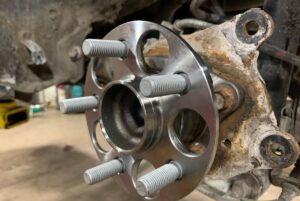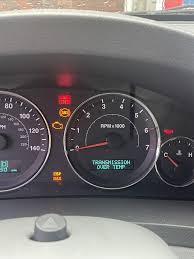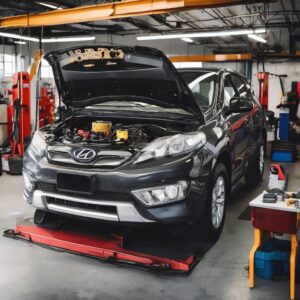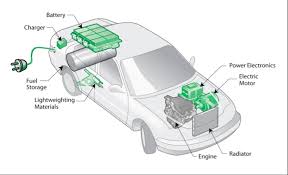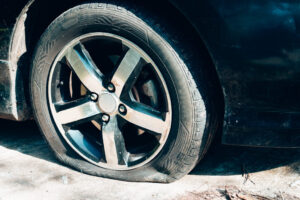At Nelson Auto Repair, Naperville’s #1 auto repair company, we often hear from drivers concerned about the effects of driving on an empty tank. While it might seem like a minor inconvenience to occasionally run low on fuel, it can have serious implications for your vehicle. Here, we explore why driving on empty is bad for your car and what you can do to avoid these issues.
Fuel Pump Damage: The Hidden Cost of Running Low
Your car’s fuel pump is designed to operate while submerged in fuel. When you run your car on empty, the fuel pump is exposed to air, which can cause it to overheat and wear out prematurely. This not only reduces the efficiency of your fuel pump but can also lead to costly repairs. Regularly keeping your tank at least a quarter full can help prolong the life of your fuel pump.
Sediment Buildup: The Risk of Clogged Fuel Systems
Over time, sediment and debris can accumulate at the bottom of your fuel tank. When you drive on empty, your fuel pump is forced to draw fuel from the bottom of the tank, increasing the likelihood of sediment being sucked into the fuel system. This can clog fuel filters and injectors, leading to reduced engine performance and potentially expensive repairs. Keeping your tank filled helps avoid these issues and ensures a cleaner fuel system.
Engine Misfires: The Impact on Performance
Driving on an empty tank can cause your engine to misfire. When fuel levels are low, the air-to-fuel ratio in your engine can become unbalanced, leading to incomplete combustion. This can result in engine misfires, reduced power, and decreased fuel efficiency. To maintain optimal engine performance, it’s essential to keep your fuel tank adequately filled.
Catalytic Converter Damage: The Environmental Cost
Engine misfires caused by running on empty can also damage your car’s catalytic converter. The catalytic converter is responsible for reducing harmful emissions from your vehicle. When the engine misfires, unburned fuel can enter the exhaust system, causing the catalytic converter to overheat and fail. Replacing a catalytic converter can be costly, so avoiding low fuel levels can save you money and help protect the environment.
Fuel Gauge Inaccuracy: The Danger of Running Out
Many modern vehicles have sophisticated fuel gauges, but they can still be inaccurate. Relying too heavily on your fuel gauge and running on empty can leave you stranded unexpectedly. This not only poses a safety risk but can also be inconvenient and stressful. It’s best to refuel when your tank reaches a quarter full to avoid any surprises.
Increased Stress: The Mental Toll of Driving on Empty
Driving on empty doesn’t just affect your car; it can also impact your peace of mind. The constant worry of running out of fuel can create unnecessary stress and anxiety. By keeping your tank filled, you can enjoy a more relaxed and enjoyable driving experience.
Fuel Economy: The Benefits of a Full Tank
Contrary to popular belief, keeping your fuel tank filled can actually improve your car’s fuel economy. A full tank reduces the amount of air in the tank, which helps maintain optimal fuel pressure and ensures efficient fuel delivery to the engine. This can lead to better fuel mileage and overall cost savings.
At Nelson Auto Repair, we recommend maintaining a habit of refueling when your tank reaches a quarter full. This simple practice can prevent many of the issues associated with driving on empty and help keep your vehicle in top condition.
If you have any concerns about your vehicle or need expert advice, don’t hesitate to visit Nelson Auto Repair, Naperville’s trusted auto repair service. Our team of experienced mechanics is here to ensure your car runs smoothly and efficiently, no matter what challenges you face on the road.

